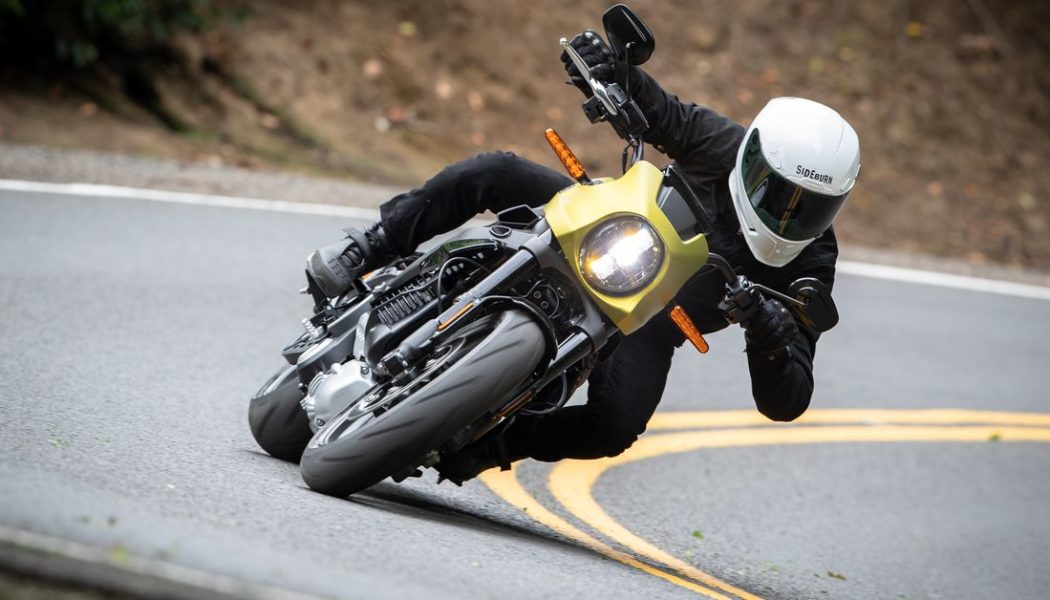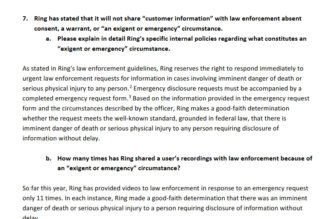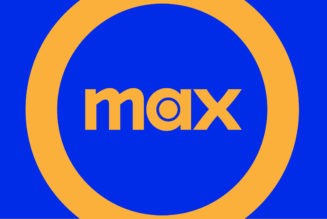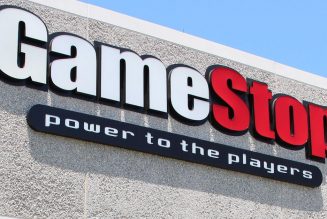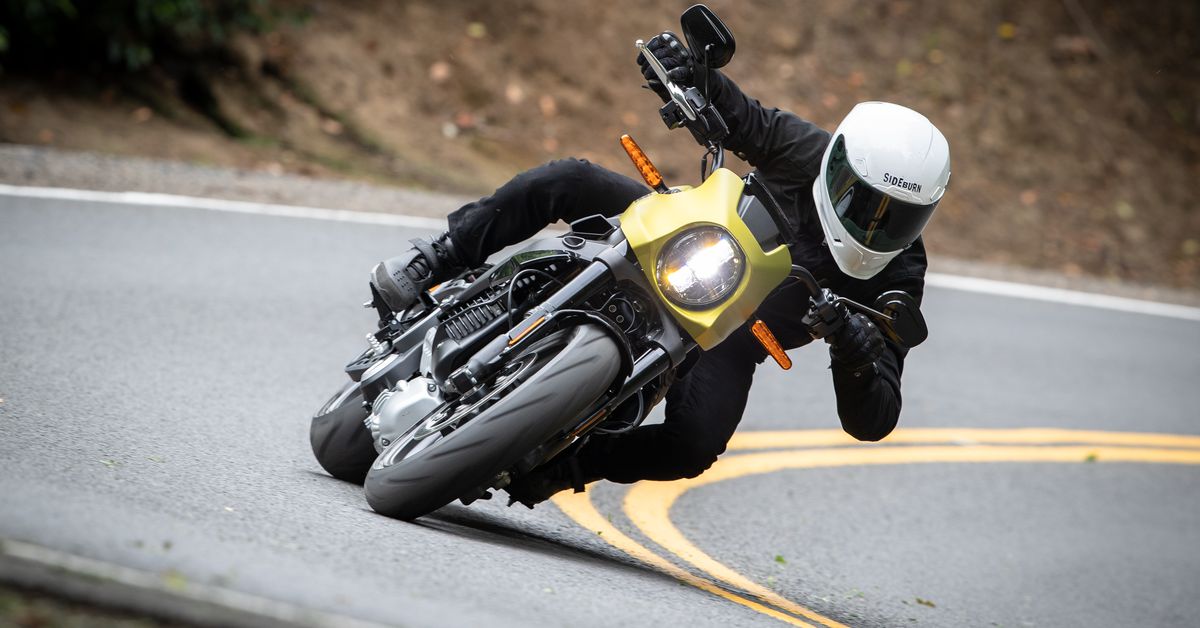
LiveWire, the electric motorcycle company spun out of Harley-Davidson, is going public by merging with a special acquisition company, or SPAC. The transaction will net LiveWire approximately $545 million at a pro forma enterprise value of approximately $1.77 billion, Harley-Davidson says in its announcement. LiveWire is the latest electric vehicle company to go public by merging with a SPAC, which are also known as “blank check” companies.
LiveWire is merging with AEA-Bridges Impact Corp. (ABIC), a SPAC formed by John Garcia and Michele Giddens, two private equity executives based in New York and London, respectively. Garcia and Giddens teamed up last year with the express purpose of merging with a business that is working toward the United Nations’ Sustainable Development Goals, according to Reuters.
Unusually, there’s a third partner in the deal: Kymco, the Taiwan-based scooter manufacturer. Harley-Davidson describes Kymco as a “strategic partner” that will help manufacture and distribute LiveWire’s electric motorcycle.
The deal will be financed by “ABIC’s $400 million cash held in trust, a $100 million investment from Harley-Davidson, and a $100 million investment from KYMCO, through a PIPE (private investment in public equity),” the press release states. When the deal closes, LiveWire’s stock will be listed on the New York Stock Exchange under the ticker symbol “LVW.”
Earlier this year, Harley-Davidson decided to spin off LiveWire into its own brand, with the goal of launching multiple electric motorcycles under the nameplate. The first product of that effort is LiveWire One, a $21,999 electric motorcycle with approximately 145 miles of range (depending on the kind of riding).
It’s a similar move to how the 118-year-old firm approached its new e-bike brand, Serial 1. The idea is that LiveWire continues to benefit from its relationship with its parent company while also forging its own brand identity that is distinct from Harley-Davidson. The company telegraphed this move in its Hardwire strategic plan to reinvigorate its flagging sales over the next five years. This dedicated division would be “focused exclusively on leading the future of electric motorcycles,” the company said in its plan.
According to Harley-Davidson:
LiveWire plans to redefine motorcycling as the industry-leading, all-electric motorcycle company, with a focus on the urban market and beyond. As a strong and desirable brand with growing global recognition, LiveWire plans to develop the technology of the future and to invest in the capabilities needed to lead the transformation of motorcycling. LiveWire will draw on its DNA as an agile disruptor from the lineage of Harley-Davidson, capitalizing on a decade of learnings in the EV sector and the iconic heritage of the most desirable motorcycle brand in the world.
LiveWire is the latest in a growing lineup of EV startups, autonomous vehicle companies, and automotive suppliers to go public by merging with “blank check” companies, which are publicly listed investment vehicles.
There have been some successes, such as Lucid Motors’ mega-SPAC that valued the luxury EV company at $20 billion. But there have also been some noticeable flops. Lordstown, Canoo, and Nikola are among the EV companies that have hit some speed bumps after going public. (Even Lucid is now under SEC investigation.) There is a sense that in rushing to take advantage of the SPAC boom, these startups have been left to cope with the demands of being listed on a major stock exchange.
